In Mali, only 1 in three girls will be able to finish middle school. Many pressures drive girls away from school – from child marriage to economic needs to out-dated beliefs about a woman’s rôle. Our Girls’ Project works to address the range of pressures on girls but my small part is to work with boys throughout the school year to help them understand how they can help change things – how they can speak up for their sisters and female classmates.
Boys Speak Out for Girls
Girls’ education is a challenging subject everywhere in Mali. But it is especially problematic in rural areas, like those where our schools are located. Many parents in Mali do not think that a girl’s education is as valuable as a boy’s. Parents’ attitudes towards girls’ education are also passed down to their sons. As a step toward breaking that cycle, we host discussions with boys at our schools about girls’ education as a human right and as an issue that improves everyone’s future — boys, girls, families, and communities.
Discussing Gender Violence: Boys & Girls
As we work to help girls succeed in school, we know a good relationship between girls and boys is very important for the success of girls. In Mali, school-based violence is a large-scale problem with harmful consequences for girls, but also for society as a whole. The violence suffered by girls affects their learning, their physical and mental health, their personality and their future. That’s why February’s theme for the Girls’ Project meetings was Stopping School-based Violence.
One Boy's Thoughts On Girls' Education
Most of my work focuses on helping Mali Rising’s teachers, but I always enjoy it when I get a chance to be part of the Girls’ Project. My role is to host discussions about girls’ education with boys in our Girls’ Project villages. My goal is to inspire the boys to be allies to their sisters and female classmates and speak out to support their education. At a recent meeting, I found a young man — Sirbiry Doumbia — who was already an avid supporter of girls’ education. Here’s what he told me….
Boys as Allies to Girls
One of Mali Rising’s main goals is to make sure girls have the same chance at education as boys. My co-worker Hindaty leads our very successful Girls’ Project, which implements many strategies to get girls into school and help them succeed there. As part of that work though, we realized that we can’t ignore the role boys could play in helping their sisters — that’s where I come in!
Boys See Benefits For Everyone When Girls Are Educated
As part of work to help girls get into school and succeed there, Mali Rising Foundation works with boys. Why boys? Because we need them to be allies for the girls in their classrooms and their sisters at home! I lead regular discussion groups with boys in our partner schools to help them think through the benefits of girls’ education and their role in making it possible. Recently, we hosted a boys’ discussion group at Sue Taylor Middle School in Diorilia. Eighty-seven boys at the discussion!
Boys Explore Education as a Human Right
In Mali, girls’ education is very challenging matter especially in rural areas. Although girls are often very interested in education, many of those around them may resist the idea. A girl’s parents or even her own brothers may not be supportive of the girl’s wishes to stay in school. That’s why Mali Rising’s work to help girls’ education can’t focus only on the girls – we must reach the parents and boys as well.
Educating Boys About Educating Girls
By Merritt Frey, Executive Director
Because female students in Mali face special barriers, we have a robust Girls’ Project to help support their special needs. But research shows improving girls’ access to education takes action from the whole community…not just the girls. So, part of our Girls’ Project work focuses on engaging boys from our partner schools in discussion about gender issues and how they can actively support their fellow students who happen to be girls.
This work focuses largely on peer meetings where boys gather for facilitated discussions about human rights, girls’ education, and their role in knocking down obstacles for girls. The meetings are lively, with boys actively debating big ideas and sharing their ideas for building a more equal world.
In November, we hosted these discussions in three of our partner villages — Diorila, Sebela, and Zambougou. In each case, 40 to 60 boys came out to learn and share their own thoughts. Adama Kone, the Mali Rising staff person who leads these discussions, noted how much fun was had…and it wasn’t only because cake was provided!
“These young men can be allies for girls in their classroom today, and in the future they can speak up for women in their families and in Mali as a whole. In Mali, change starts with discussion and debate among the community, and these boys really engaged,” said Adama.
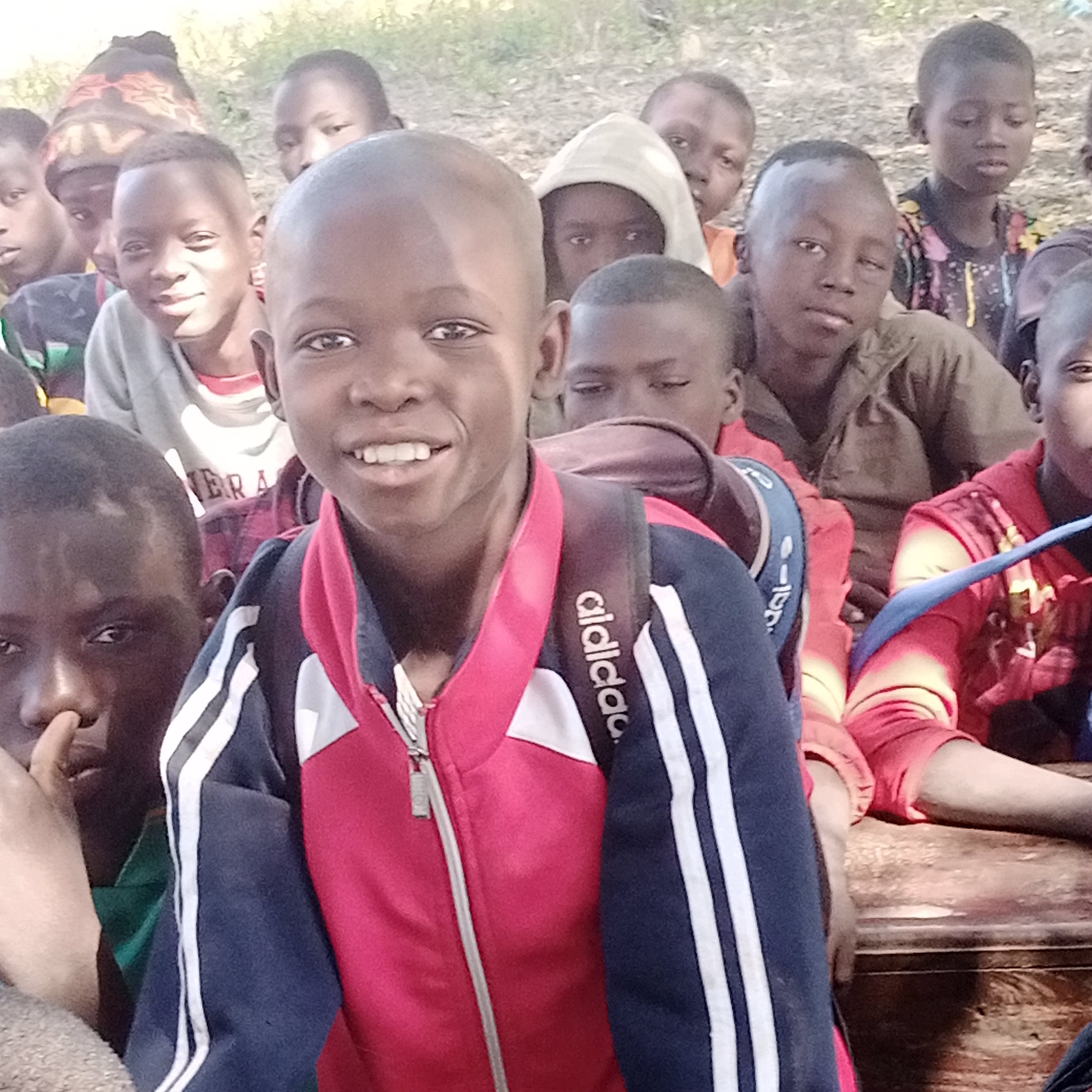
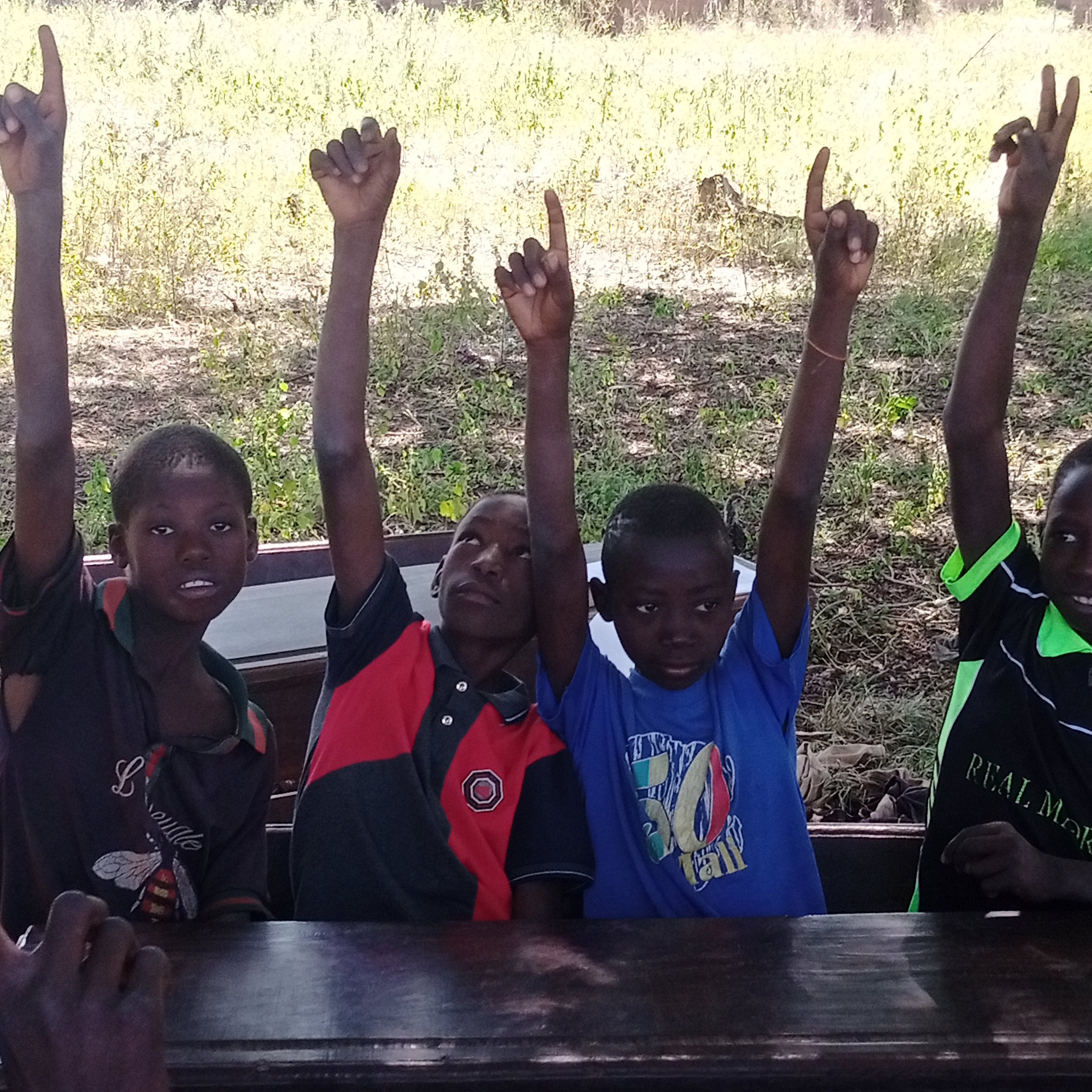
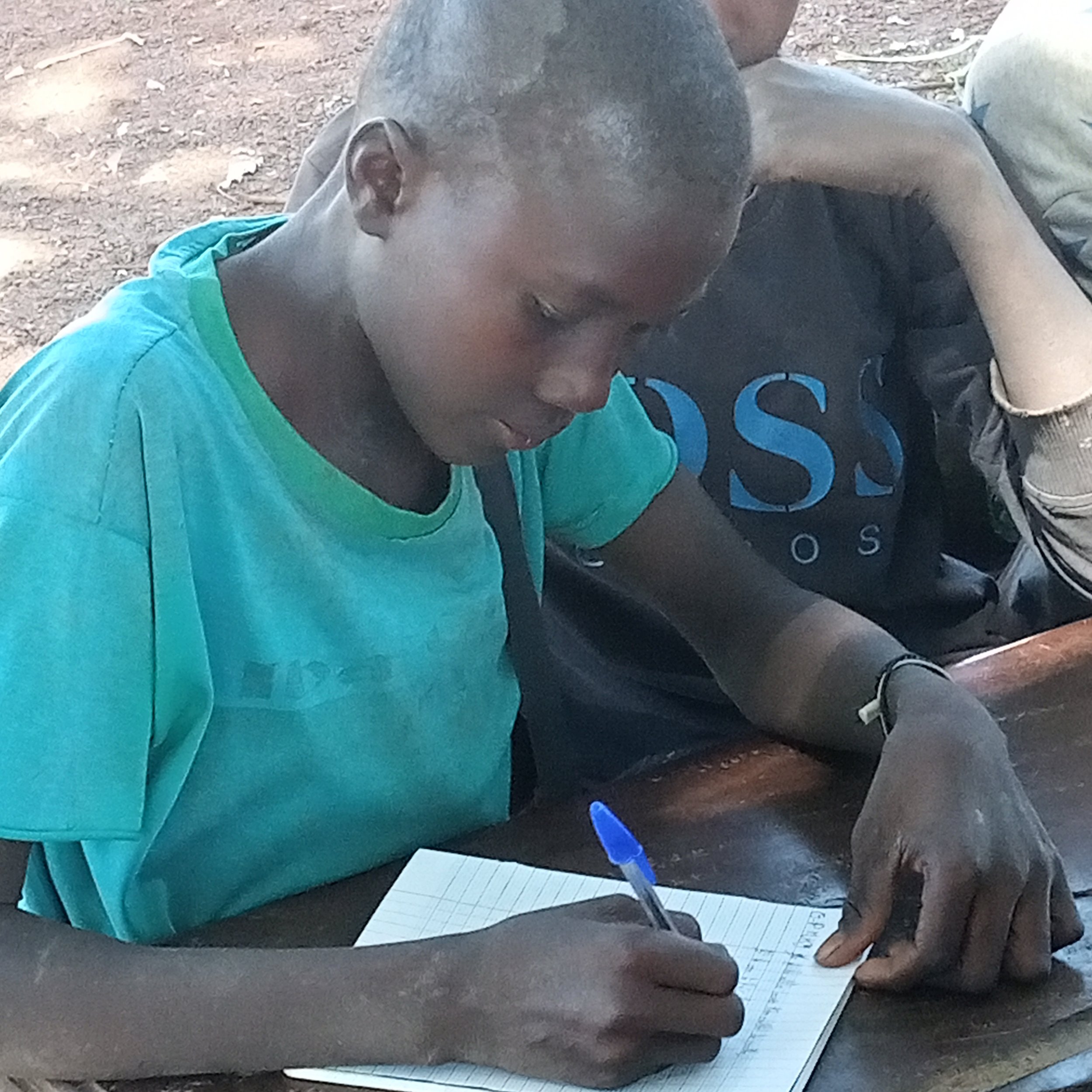
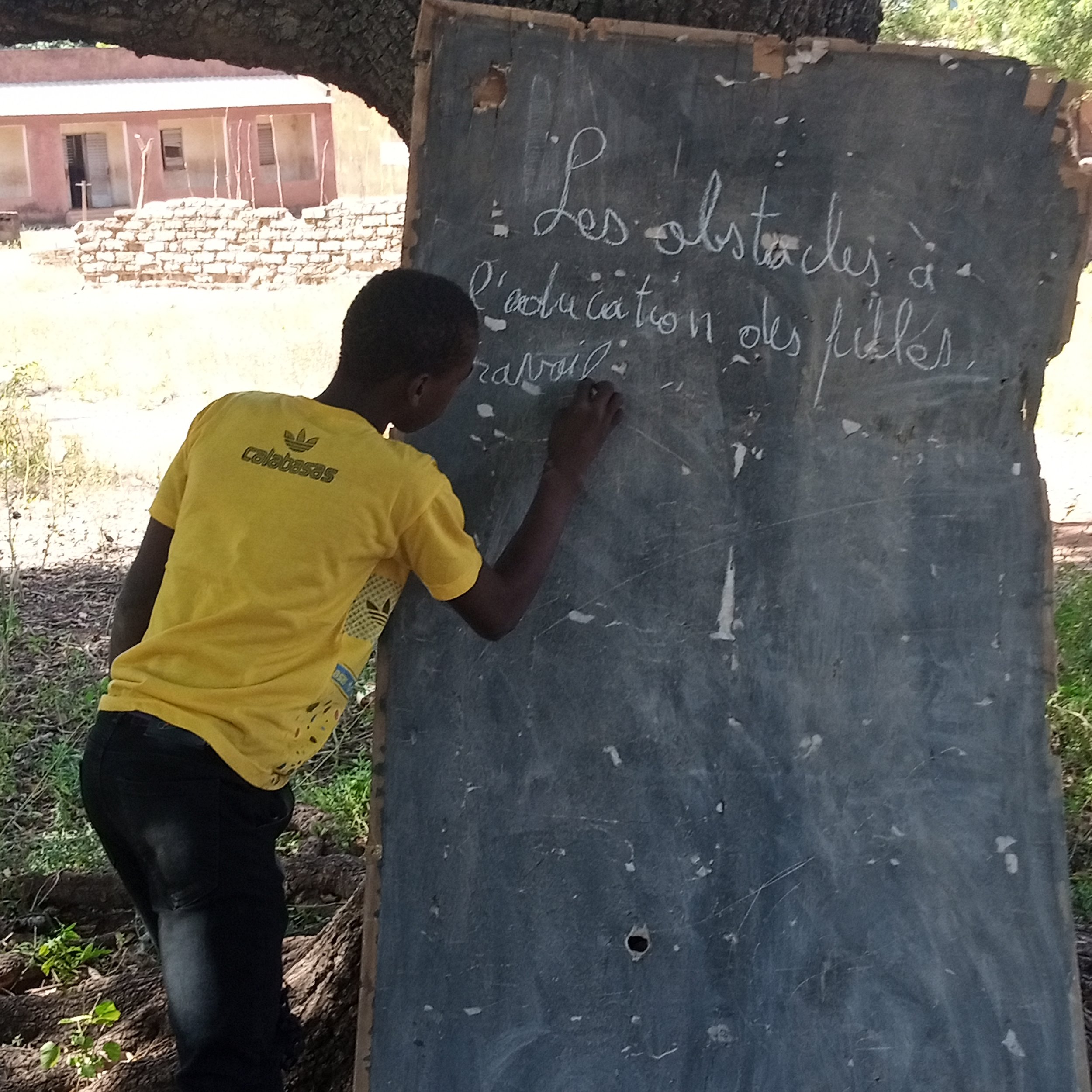
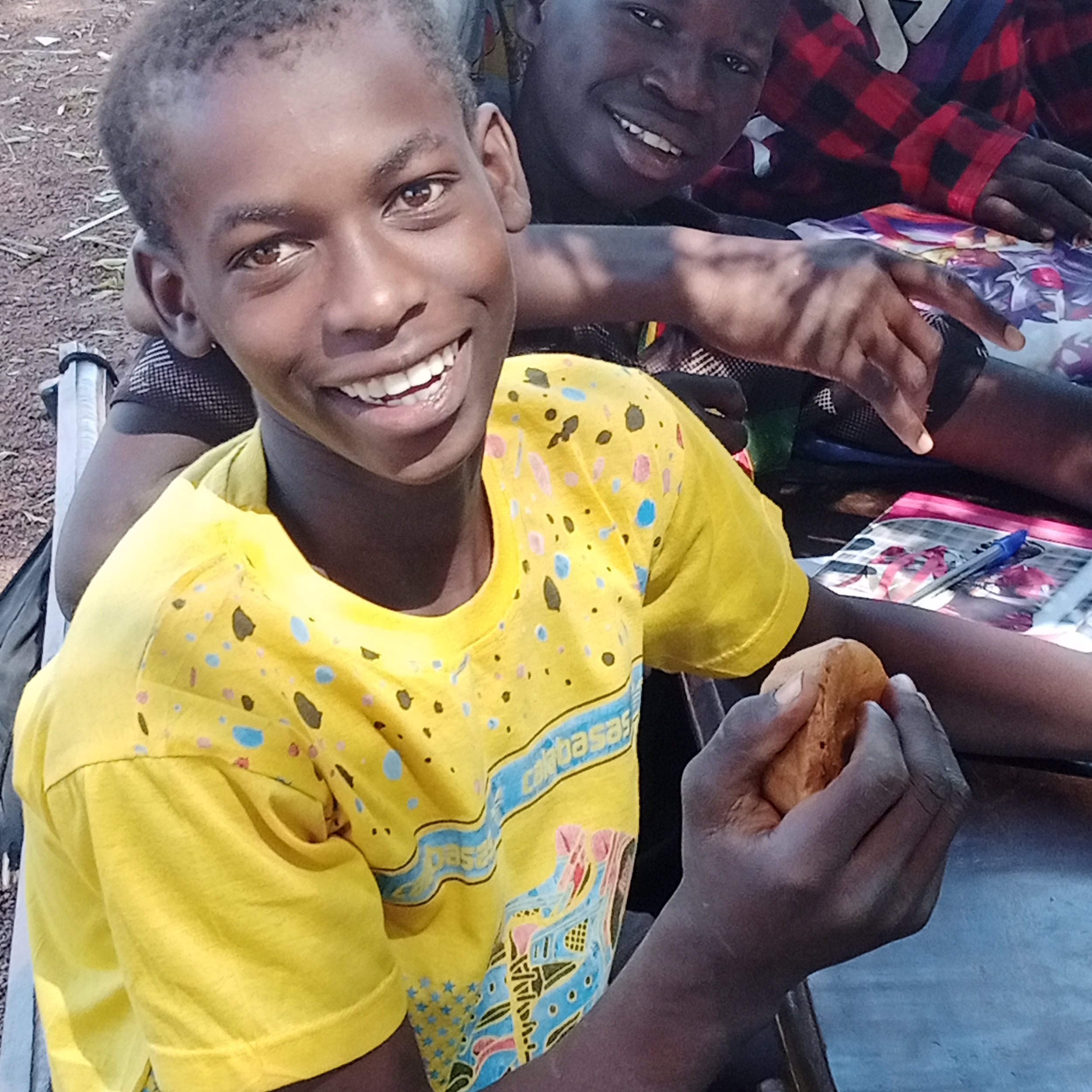
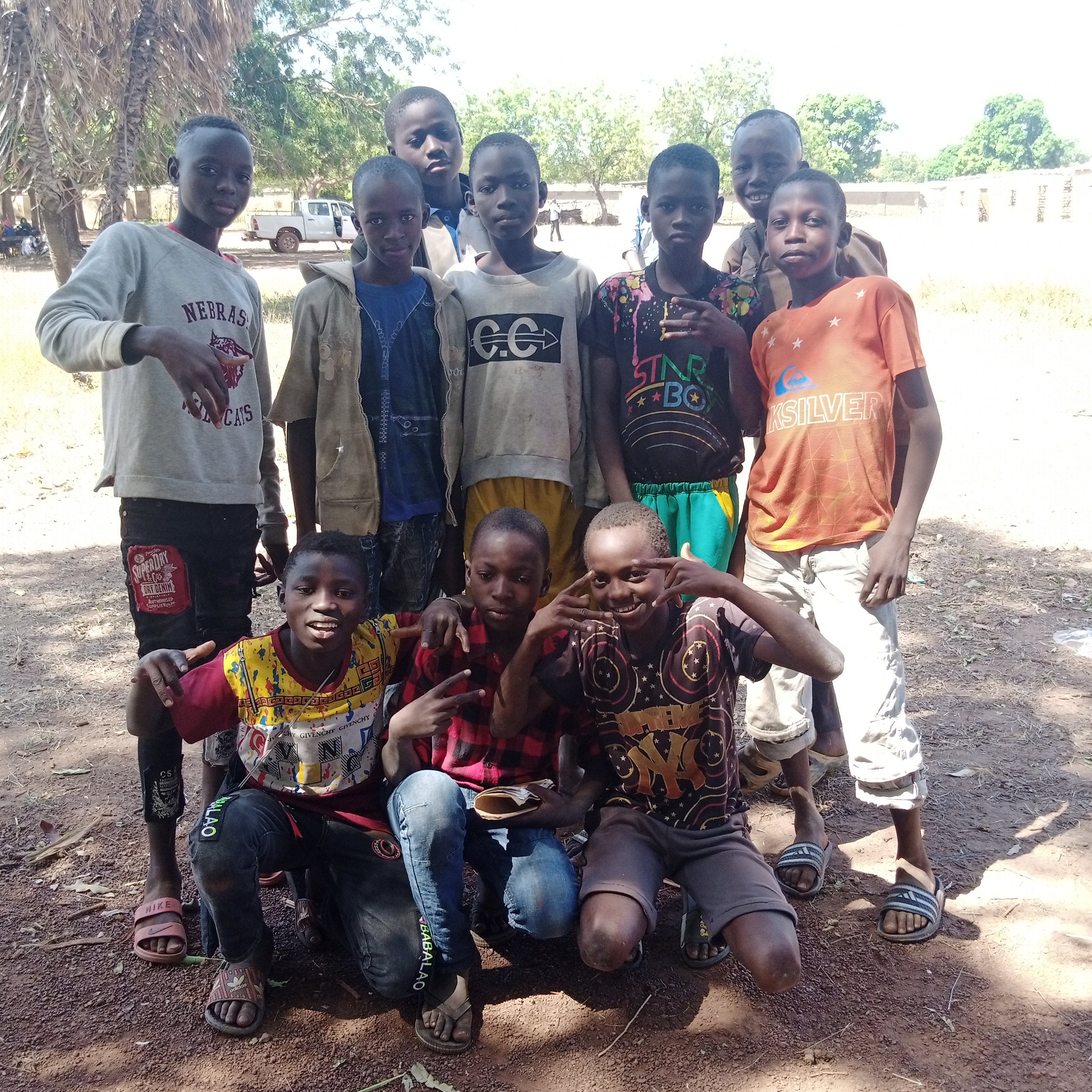
Boys Can Stand for Girls’ Education
Although girls in Mali want to stay in school, it is really challenging for them to stay there. There are many obstacles to girl’s education, such as early marriage, forced marriage, long distances to walk to school, rapes, and sexual abuse. This is especially true in rural areas. As a result, many girls drop out of school in Mali each year. This isn’t a failure of the girls, but instead a failure of the whole community — everyone should be involved in helping girls be educated. Our Girls Project works to make sure parents are invested in their daughters’ education, but we also work with the boys in our schools to make sure they are allies to their girl peers.


